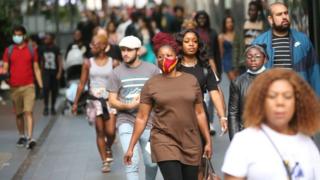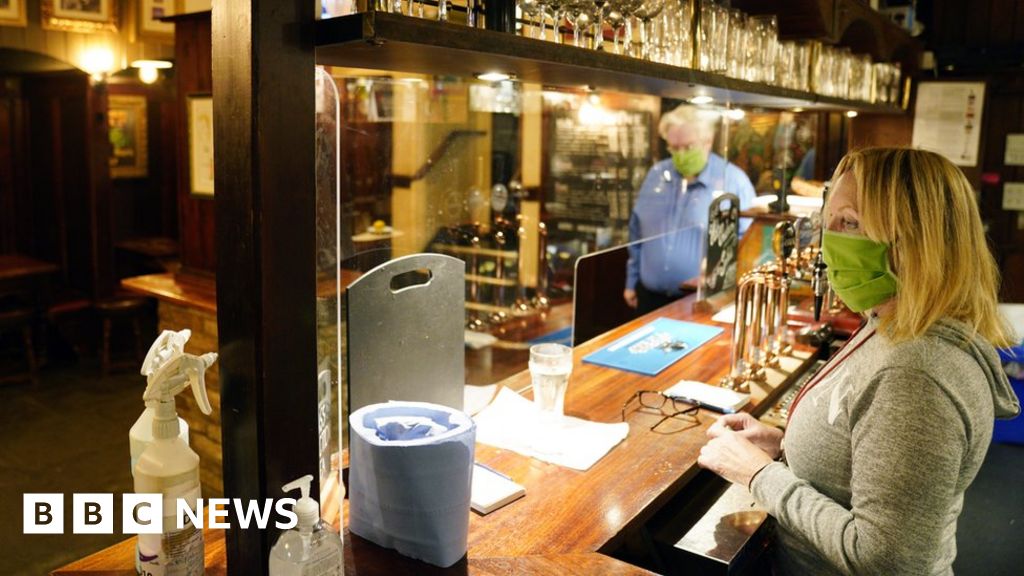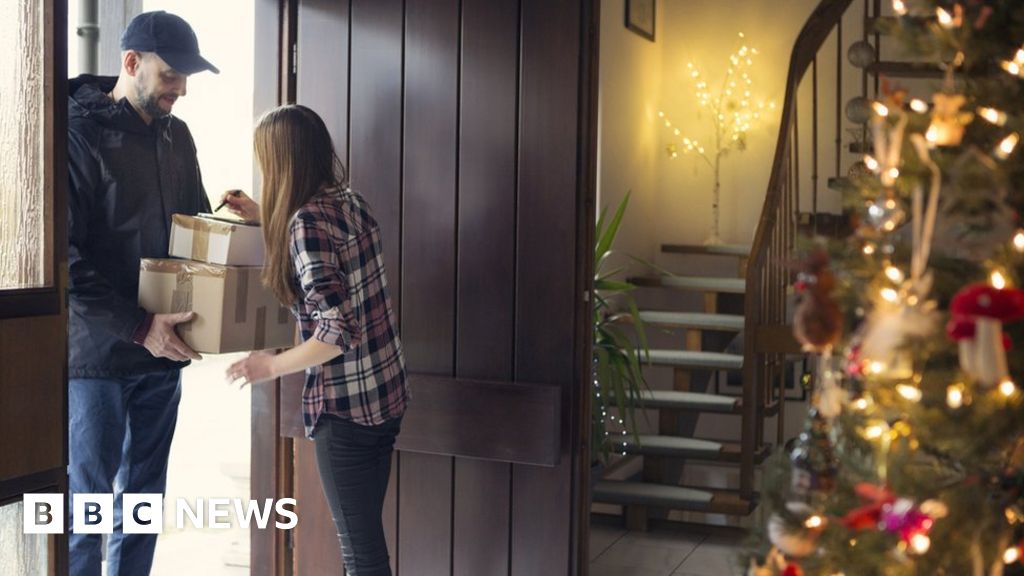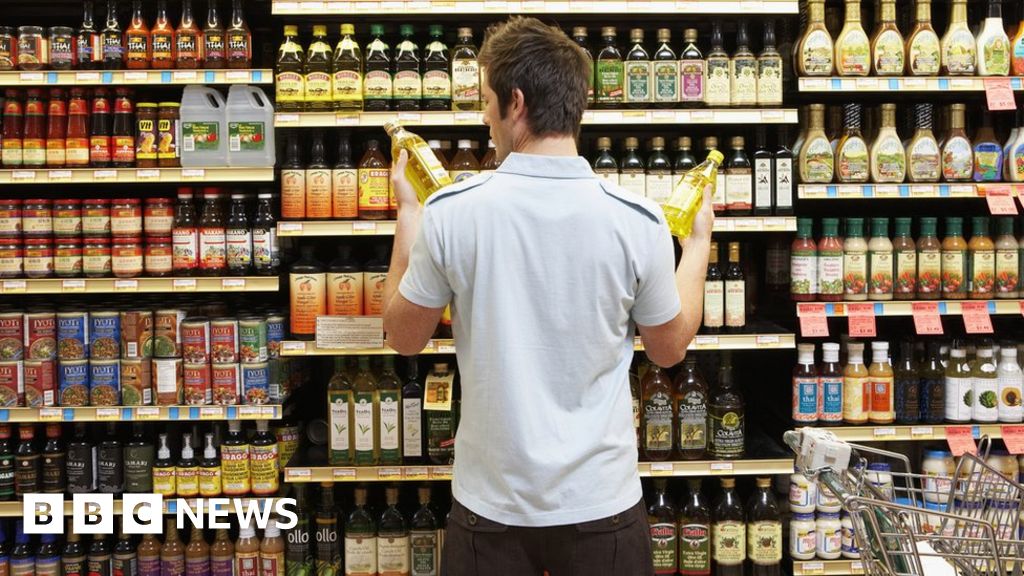 Image copyright
Getty Images
Image copyright
Getty Images
The UK faces more taxes rises and spending cuts to stop its debt pile getting out of control, the country's spending watchdog has warned.
The Office for Budget Responsibility (OBR) said the economy was on course to shrink by 12.4% in 2020, with borrowing set to rise to a peacetime high.
This would mark the biggest economic decline in 300 years.
Official data showed the economy grew by 1.8% in May, a month after suffering the biggest contraction on record.
The OBR said the coronavirus pandemic had "materially altered" the outlook for the public finances.
It said the government would need to re-impose austerity measures to fix some of the permanent damage caused by the crisis.
Its Fiscal Sustainability Report said: "In almost any conceivable world there would be a need at some point to raise tax revenues and/or reduce spending (as a share of national income) to put the public finances on a sustainable path."
'Smaller economy'
It warned that economy would not get back to its pre-crisis size until the end of 2022, while unemployment was likely to rise to a record 12% by the end of this year, falling back to 10.1% in 2021.
It said the government was on course to borrow £322bn this year to pay for the shortfall between tax revenues and public spending.
This will push Britain's debt share to 104.1% of gross domestic product (GDP).
The OBR's projections assume a slower recovery than the watchdog outlined in April, with a coronavirus vaccine found in about a year.
They also do not include the chancellor's £30bn package unveiled last week to protect jobs and boost the economy.
The watchdog said an "early vaccine or effective treatment would allow most activities to resume much as they were before the virus", allowing the economy to recover more quickly, with no "enduring economic scarring".
However, the OBR's most pessimistic scenario, where no vaccine is found and social distancing measures continue "indefinitely", would lead to a "significant" loss of business investment.
In this worst case scenario, unemployment would rise to four million, up from 1.3 million in 2019, while the UK's High Streets would be left permanently scarred as shoppers stay away.
"The virus is likely to have significant effects on people's expectations and behaviour", the OBR said.
It added that a "substantial rise in business indebtedness" would "weigh on investment and innovation and to result in more business insolvencies".

 5 years ago
676
5 years ago
676 

